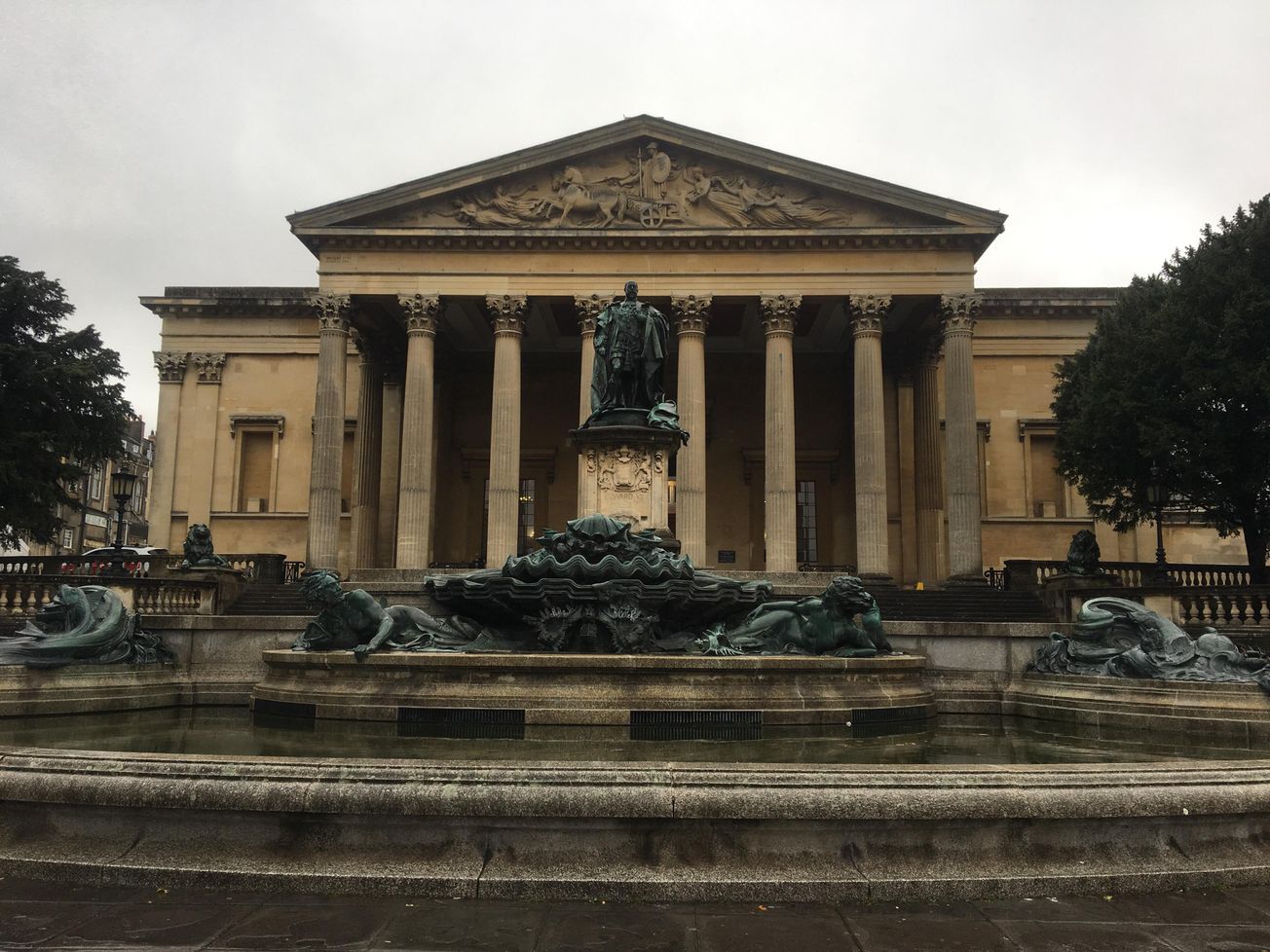By Lauren Paddison, Music Student
'The final note gave rise to a thrill of applause, celebrating the professional musicianship and love of classical music that is so often housed in these walls', Music Student Lauren Paddison reviews Bournemouth Symphony Orchestra at Bristol's Victoria Rooms
The Victoria Rooms, the host venue of the Bournemouth Symphony Orchestra’s Friday night concert, ‘Divine Sublime’ in the autumn concert series of 2018, conducted by Kirill Karabits who is celebrating his 10th year as Chief Conductor with the BSO. Its proud exterior the perfect greeting to concert goers for a night of 18th century entertainment music. The programme boasts two of classical musics’ most infamous names, Mozart and Beethoven, whose works surpass the concert titles claims of sublime divinity.
Mozarts ‘Serende in Bb major- Gran Patita’ for wind instruments transcends the purely social function of this supposed entertainment music that his orchestral serenades were so often called upon for, it being the greatest of its kind. Throughout the work the composer exhibits some truly beautiful melodies in varying textures, its movements compiling many forms and tonalities into an astonishing large scale work- exemplifying his love for wind instruments, and elegantly crafted by conductor and orchestra.
After the interval the audience returned to a significantly expanded orchestra, the large string section now joining their fellow musicians to match the scale and instrumental forces that Beethoven demands. His ‘Symphony No.7 in A Major’ starts with the same energy from the orchestra as they had finished just moments ago. The sound from the hundreds of instruments on the stage was truly remarkable, the power and velocity of each note now even more poignant.
Richard Wagner, another prolific composer of the later century described this work as ‘the apotheosis of the dance, the happiest realisation of the movements of the body in an ideal form’ a suitable visualisation of the passion seen in every performer who filled the auditorium with wondrous sound.
The final note gave rise to a thrill of applause, celebrating the professional musicianship and love of classical music that is so often housed in these walls, as the next generation of orchestral musicians study in the same building every day. In times like these, I believe it is more important than ever to embrace the music that has gone before us, and support these art forms which keep culture alive.
Featured image: Epigram / Lauren Paddison
Facebook // Epigram Music // Twitter









